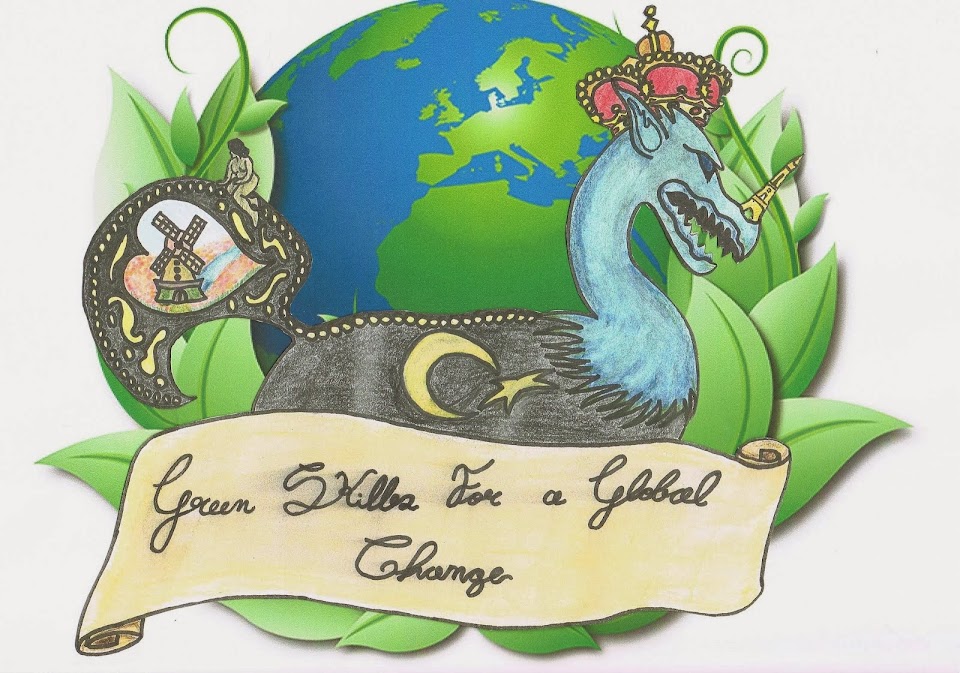[ADMINISTRATOR´S NOTICE: THIS TEXT WAS MADE BY SLOVENIAN TEAM]
SUSTAINABILITY
IS A »MUST« IN AN ENVIRONMENT OF LIMITED RESOURCES
The majority of us are
well aware that most of the resources we consume daily are of limited
supply on our planet. By being actively involved in the eco
community, we can do our bit in the process of preserving them, the
Earth and its ecosystems, and finally, ourselves. But why exactly is
that a problem?
The number of people has been increasing exponentially during the last century or so. There were just 3 billion people on Earth in 1959, yet as we know, in under 60 years, we have gotten to the 7 billion number and are still experiencing rapid population growth. Scientists estimate that the Earth can only sustain between 4 and 16 billion people. Considering the current trends, we will hit the 9 billion milestone somewhere around 2050. Our population numbers will likely begin to stagnate sometime soon after that; however, if we won’t take care of our food supplies optimally, a great famine could occur with disastrous results.
We mustn’t forget that we are not the only ones living off of the Earth’s resources. The Earth is a very complex ecosystem which has taken billions of years to evolve. Every species takes its part in shaping it into a well-oiled machine. Scientists estimate that the current rate of extinction is between 1,000 and 10,000 times higher than it would be without any human impact and that by 2100, almost 50% of the Earth’s presently living species may be extinct. Those figures are alarming and a dramatic decrease in biodiversity would definitely have a massively negative impact on our planet and all of mankind.
Water is another one of Earth’s precious resources. “The bringer of life” has perhaps been the most important factor in the evolution of mankind throughout history and its importance is still very much visible in the present. We use water for the majority of our everyday and industrial activities, which has led to a decrease in water quality, pollution, shrinkage, disappearance or salinization of lakes and, in the case of the Nile, a brink of conflict between Egypt, who uses it the most, and the Upper Nile Basin countries.
Energy production is also a great problem of the modern civilization. As our needs for electricity increase, we have yet to find an ecologically-sound as well as highly productive way of obtaining electricity. All of the current methods have their disadvantages and it might not be until the 2050s and the predicted arrival of the fusion power plants when we’ll be able to breathe easily about the subject. What we can do, though, is to do our best to reduce our consumption.
In the end, our way of life is putting a lot of stress on the Earth and putting our planet and ourselves into a perilous position. It is of the essence to do what we can to aid in the process of navigating our ship out of the proverbial storm and avoiding an ecological catastrophe before it is too late. In my opinion, the perfect summation of our duty is the evergreen slogan: “Think globally, act locally!” and that every one of us should do his best to abide by it.

No comments:
Post a Comment